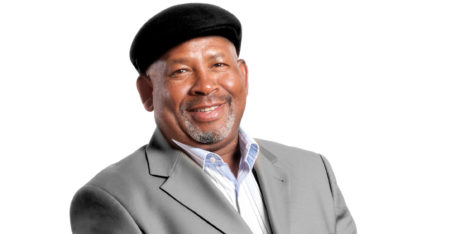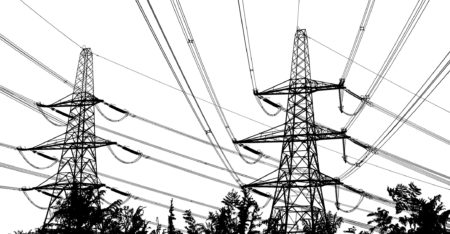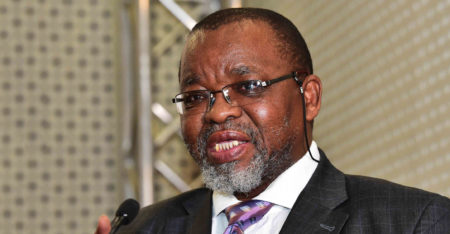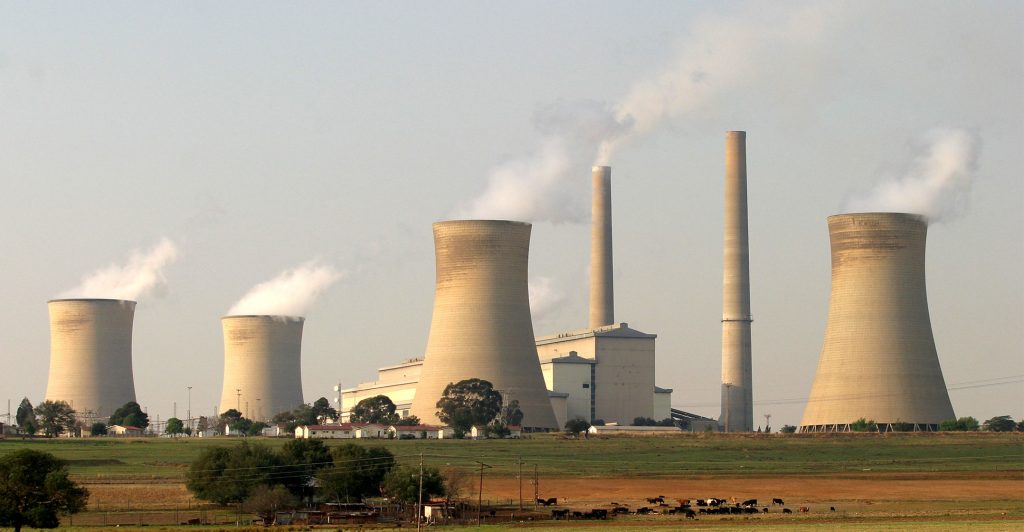The chairman of Eskom resigned from his post after the power utility resumed rolling blackouts earlier than expected in 2020.
Browsing: Energy and sustainability
In a statement on Friday morning, Eskom announced that it would stop stage-2 load shedding at 6am and would implement stage 1 until 11pm instead.
The World Bank is the first key institution to cut its economic growth forecast for South Africa to below 1% for 2020 due to electricity supply concerns.
Eskom lost additional generation capacity on Wednesday night and said it would therefore implement state-2 rotational blackouts throughout Thursday and into Friday.
The energy minister’s reluctance to fast-track renewable power projects could prolong the electricity shortages, which have caused the economy to stagnate and sapped investor confidence.
Eskom, South Africa’s biggest polluter, said it will slash emissions of three major pollutants by 2035 while it asks for exemptions to incoming standards to avoid as much as R37-billion in expenditure.
There is a high likelihood that Eskom will implement stage-2 load shedding on Wednesday evening to replenish water resources for its pumped storage schemes and to minimise the use of diesel.
The largest decline in reliable electricity supply in recent years occurred in South Africa, but much of the rest of the continent is in far worse shape as electrification projects have stalled.
Eskom will implement stage-2 load shedding in the early hours of Wednesday, later than it might otherwise have done so, to “accommodate the release of the matric results”.
Eskom’s generating plant breakdowns took out a stratospheric 15.9GW on Saturday at 6.30am, the highest level yet, which means an astonishing 40% of its coal fleet of around 40GW was offline.










